The number of people spending time outdoors has increased in recent years. Therefore, hikers, campers, hunters, and other outdoor adventurists all need to be well informed about safety tips that should help them avoid dangers and possible injuries while they are having fun. Knowing the essentials of outdoor safety will make you aware of some hazards and equip you with skills to cope with such situations effectively. In this article, we will discuss some important safety tips that all outdoor enthusiasts should know.
Understand Different Terrains
When you are new to outdoor activity, you should practice first in fairly manageable conditions before taking on more challenging terrains. Do not forget to pack the right gears for various scenarios so that you can continue your activities without getting stranded or injured due to the harsh environment and difficult pathways. According to expert reviews at Fun Outdoors, you should know your limits and try not to push them when you are in areas that include dangerous animals, strong currents, high altitudes, harsh weather conditions, and cliffs. It is also best to familiarize yourself with the plant types in your area so that you will know how to identify poisonous varieties if ever you need to venture into unknown territories.
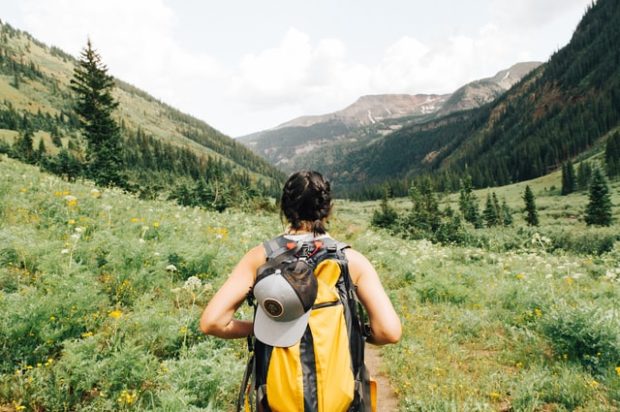
Stay Hydrated
Dehydration is one of the most common issues that outdoor enthusiasts need to be aware of. It can lead to heatstroke, which can result in serious illness and even death if not dealt with quickly. To prevent this from happening, make sure you carry plenty of water during your hiking or camping trip and drink regularly (at least 1 liter every hour). Take a break when you feel tired and sweaty. You should also avoid overexerting yourself while you are outdoors as this will put more strain on your body and increase your chances of dehydration. Therefore, drink more water on hot days or when you are doing strenuous activities and never drink alcohol during your outdoor trips.
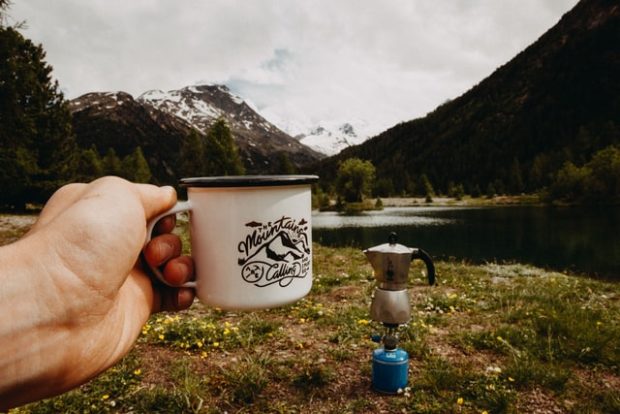
Be Prepared for Medical Emergencies
You never know what types of medical emergencies could happen when you’re outside exploring nature’s beauty. For instance, someone might get injured or fall ill due to extreme weather conditions. Others might have allergic reactions to poisonous plants. And some will develop injury-related complications after stepping on a sharp object, being bitten by an animal or insect, or falling. Thus, you must carry with you the right tools and materials for addressing medical emergencies effectively during your outdoor activities including first aid kits, medications, and specific treatment items like bandages, creams, and antiseptic solutions.
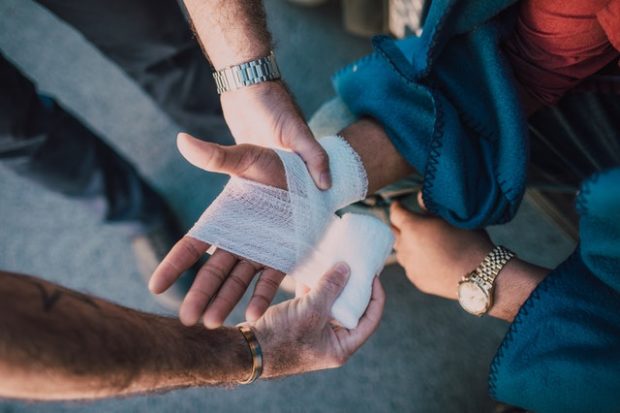
Watch What You Eat and Drink
You should be extra careful about what you eat and drink when you are outdoors. This is because, if you ingest poisonous plants or fungi while exploring nature’s beauty, you will have a difficult time treating yourself for poisoning. For this reason, you must learn about the common poisonous plants in your area before going out into the bush. You can ask locals to guide you on which wild berries and mushrooms that are safe to eat while hiking or camping in specific areas of your country. Drinking untreated water from lakes and streams can also expose you to many bacteria and parasites that could cause severe infections in your digestive system, so make sure you avoid it at all costs.
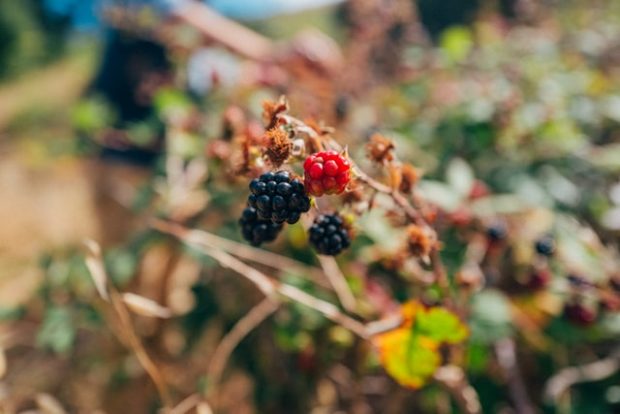
Be Prepared For Different Weather Conditions
Different weather conditions call for different gears to ensure your safety. For instance, you will need waterproof jackets and boots if you are hiking or camping during the rainy season. Avoid setting up a tent near cliffs or shores as strong winds might blow your tents away at any time of the day. If there is a storm coming, make sure you secure all loose items outside your campsite so that they won’t cause injuries to anyone inside when gusts of wind started blowing hard. There is nothing worse than getting caught unprepared in harsh weather conditions while enjoying nature’s beauty, so make sure you do your research on what weather to expect in your area before you go out to explore the great outdoors.
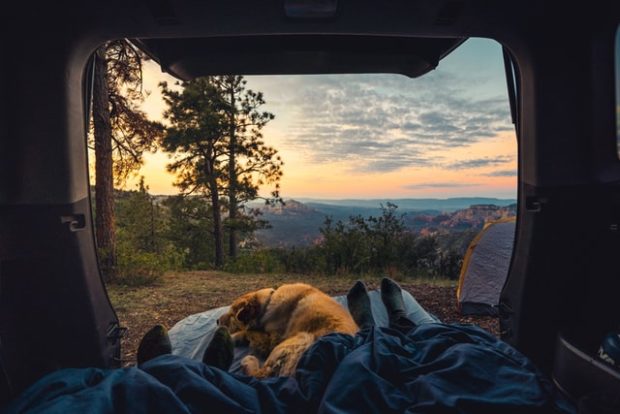
Know How To Identify Poisonous Plants and Fungi
Before setting out for outdoor activity, make sure you know how to identify poisonous plants and fungi. This way, you can avoid accidental ingestion of harmful varieties that could cause severe illness or death. Some of the most common poisonous plants in different parts of the world include wild parsnips, water hemlock, nightshade, oleander, poison ivy and sumac, rosary pea seeds, and so on. If ever you ingest any plant or fungus without knowing its effects on your body due to carelessness or ignorance, get yourself treated immediately as these types of food items could be quite lethal even in small amounts. So be sure to do thorough research on the possible dangers of each plant in your area and learn how to identify them before venturing out into the wilderness.
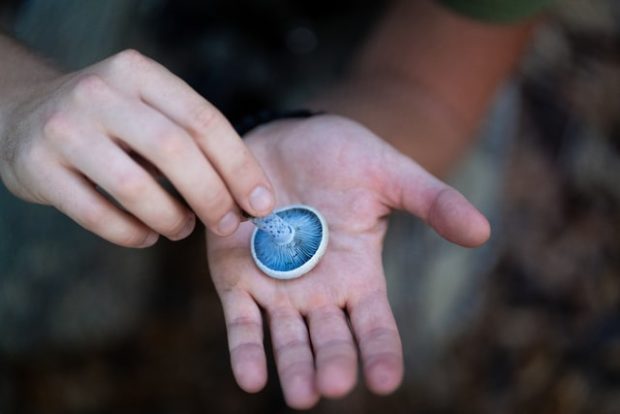
Safety during any outdoor activity depends on the knowledge and skills you have about what to do during emergencies. Since every activity is unique in its ways, it is important to prepare accordingly by learning how to act in case things go wrong. With these basic tips on how to have fun outdoors without getting severely injured, you will be more prepared for whatever challenges you encounter. So stay safe and happy exploring!
The post Useful Safety Tips That Every Outdoor Adventurous Must Know appeared first on YourAmazingPlaces.com.


No comments:
Post a Comment